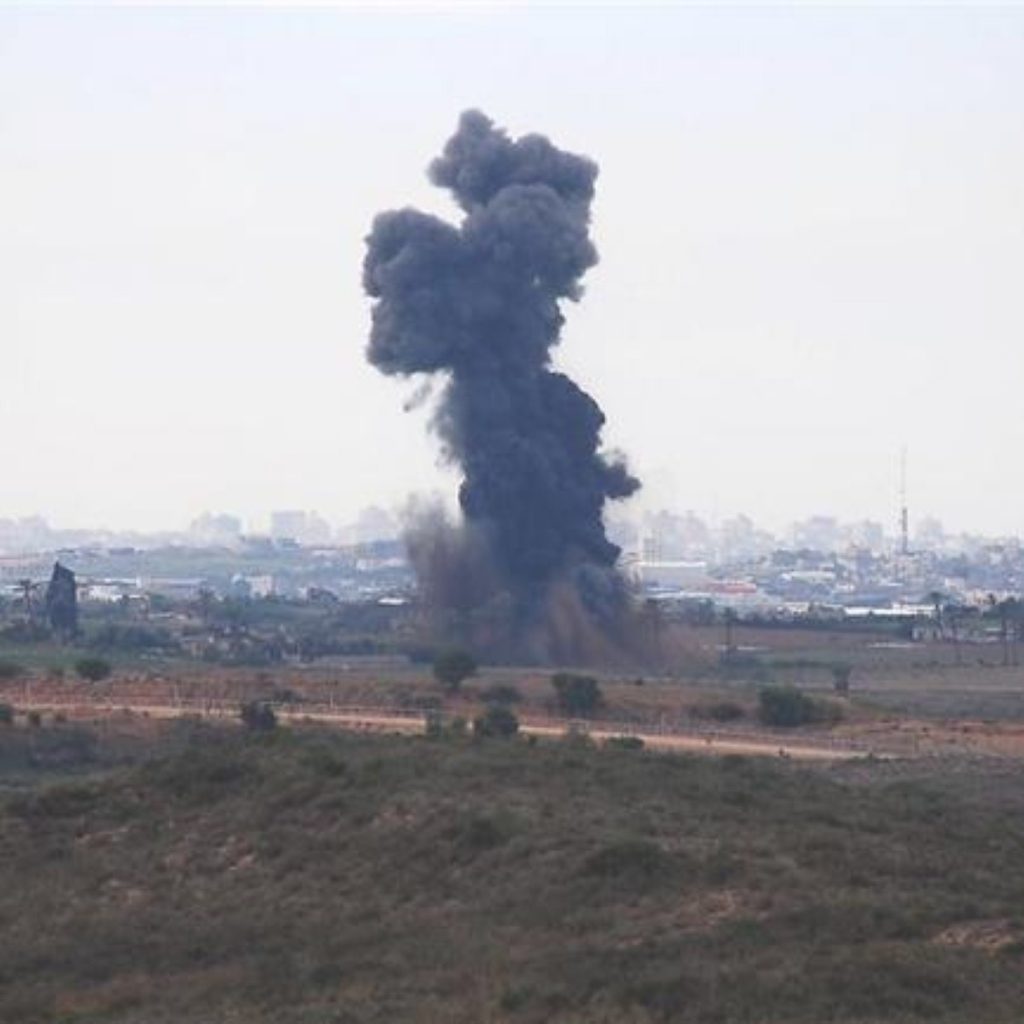British MP joins chorus of criticism against Israeli ‘war crimes’
By politics.co.uk staff
A leading British MP has joined the chorus of criticism against Israel’s actions in the Gaza conflict, as the country refused to cooperate with an Amnesty report condemning its tactics.
The 117-page report by Amnesty International found Israeli forces killed hundreds of unarmed Palestinian civilians and destroyed thousands of homes in Gaza in attacks which breached the laws of war.
The Israeli army has not responded to Amnesty’s repeated requests over the past five months for information on specific cases detailed in the report and for meetings to discuss the organisation’s findings.


“The Israelis have no excuse for refusing to cooperate with this Amnesty report which is scrupulously fair, condemning war crimes committed by both Hamas and Israel and commenting quite reasonably on the greater intensity and the indiscriminate and disproportionate nature of the Israeli attacks,” Martin Linton, chair of Labour Friends of Palestine, told politics.co.uk.
“The Israeli government is in total denial about the Gaza attack, pretending that the 400 children killed in the Gaza attack were somehow ‘caught in the crossfire’ when there is clear evidence in this report that they were killed while they slept when their homes were bombed or sitting in their yard or playing in their bedrooms or hanging the laundry on the roof.”
He continued: “The Israeli Defence Force had very sophisticated drones that would have allowed them to target combatants and avoid civilians, but the truth is that many Israeli soldiers did not bother to take sufficient care to avoid civilians or children.
“If the Israeli government has any integrity, it will now start to cooperate with the United Nations inquiry under Judge Richard Goldstone since he has made it crystal clear that he is looking at evidence of war crimes by all combatants on both sides of the conflict.”
The Amnesty report, Operation Cast Lead: 22 Days Of Death And Destruction, is the first comprehensive report to be published on the 22-day conflict earlier this year.
It does substantiate some criticism of Palestinian forces, especially Hamas, which the report accuses of firing hundreds of rockets into southern Israel, killing three Israeli civilians, injuring scores and driving thousands from their homes.
“Such unlawful attacks constitute war crimes and are unacceptable,” Donatella Rovera, who headed an Amnesty International field research mission to Gaza and southern Israel during and after the conflict, said.
But the vast majority of criticism is levelled squarely at Israel.
“Israel’s failure to properly investigate its forces’ conduct in Gaza, including war crimes, and its continuing refusal to cooperate with the UN international independent fact-finding mission headed by Richard Goldstone, is evidence of its intention to avoid public scrutiny and accountability,” Ms Rovera continued.
Some 300 children and hundreds of other unarmed civilians who took no part in the conflict were among the 1,400 Palestinians killed by Israeli forces, Amnesty found.
Most were killed with high-precision weapons, relying on surveillance drones that have exceptionally good optics, allowing those observing to see their targets in detail. Others were killed with imprecise weapons, including artillery shells carrying white phosphorus – not previously used in Gaza – which should never be used in densely populated areas, the charity said.
Amnesty found that the victims of the attacks it investigated were not caught in the crossfire during battles between Palestinian militants and Israeli forces, nor were they shielding militants or other military objects.
Many were killed when their homes were bombed while they slept, envoys said. Other were sitting in their yard or hanging the laundry on the roof. Children were struck while playing in their bedrooms or on the roof, or near their homes. Paramedics and ambulances were repeatedly attacked while attempting to rescue the wounded or recover the dead, the report said.
“The deaths of so many children and other civilians cannot be dismissed simply as ‘collateral damage’. Many questions remain to be answered about these attacks and about the fact that the strikes continued unabated despite the rising civilian death toll,” Ms Rovera said.
The report is based on evidence gathered by Amnesty delegates, including a military expert, during field research in January and February.












